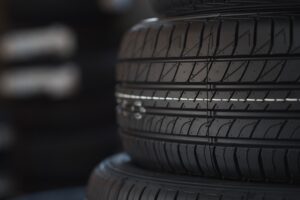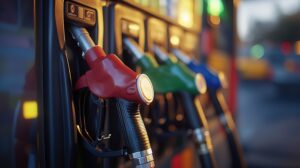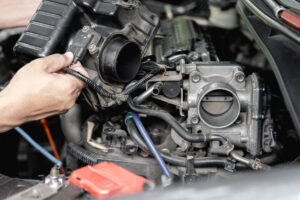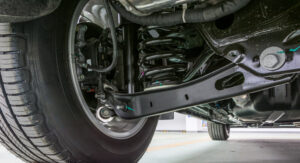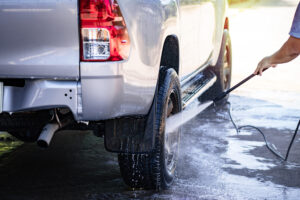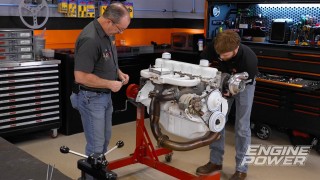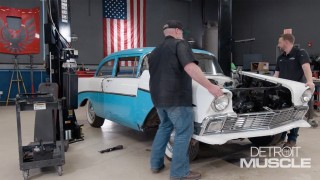Breaking the Fuel Efficiency Barrier: 93 MPG and the Techniques Behind It
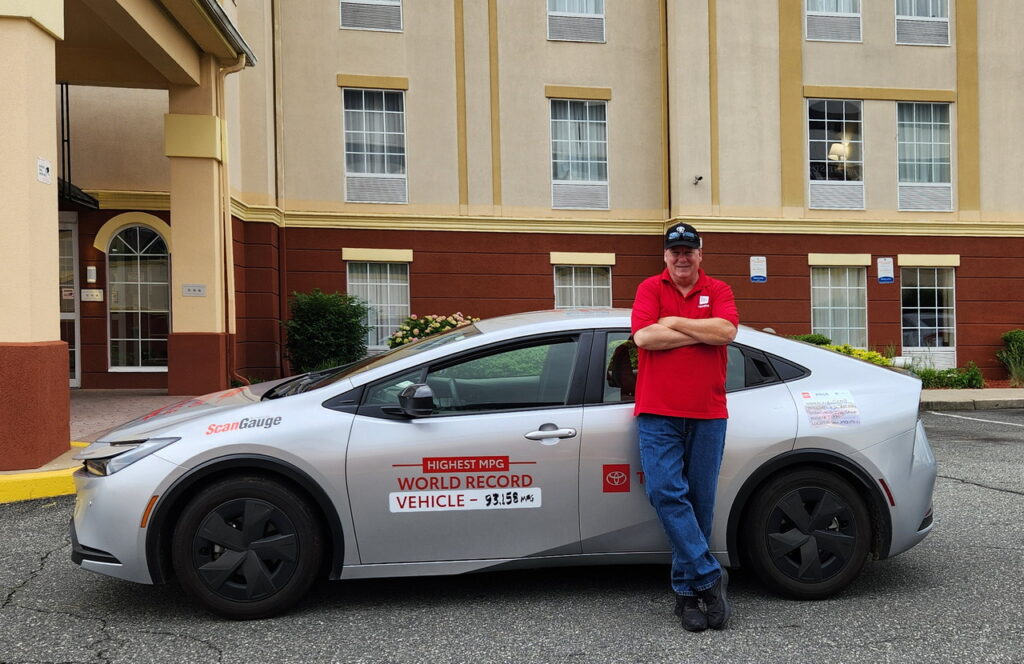
We all strive to get the most out of our vehicles, and for many drivers, fuel efficiency is a top priority when it comes to buying a car. But can you imagine hitting an whopping 93.158 miles per gallon (MPG)? It may sound impossible, but that’s exactly what happened when Wayne Gerdes, a hypermiler, set a new Guinness World Record for the lowest fuel consumption driving across the United States in a Toyota Prius.
Table of Contents
The Journey Across the U.S.: A Record Breaking Drive
In the summer of 2024, Wayne Gerdes embarked on a remarkable trip from Los Angeles City Hall to New York City Hall. Covering 3,211.7 miles, Gerdes averaged a jaw-dropping 93.158 MPG, far surpassing the previous record of mid-70s MPG. He tackled challenging terrains, from the scorching 105-degree heat of the Mojave Desert to the steep elevations of 7,000 feet in mountain regions. Despite unpredictable weather conditions, including strong winds from the Gulf of Mexico, the Prius proved its resilience and efficiency throughout the journey.
For those unfamiliar with the term, a hypermiler is someone who uses driving techniques to significantly improve a vehicle’s fuel efficiency. Gerdes is a master of this art, using strategies like slower acceleration, coasting, and minimal braking to squeeze every drop of fuel out of the Prius. But it wasn’t just skill; Gerdes also had to meticulously plan his route, adjusting on the fly to optimize efficiency as conditions changed.
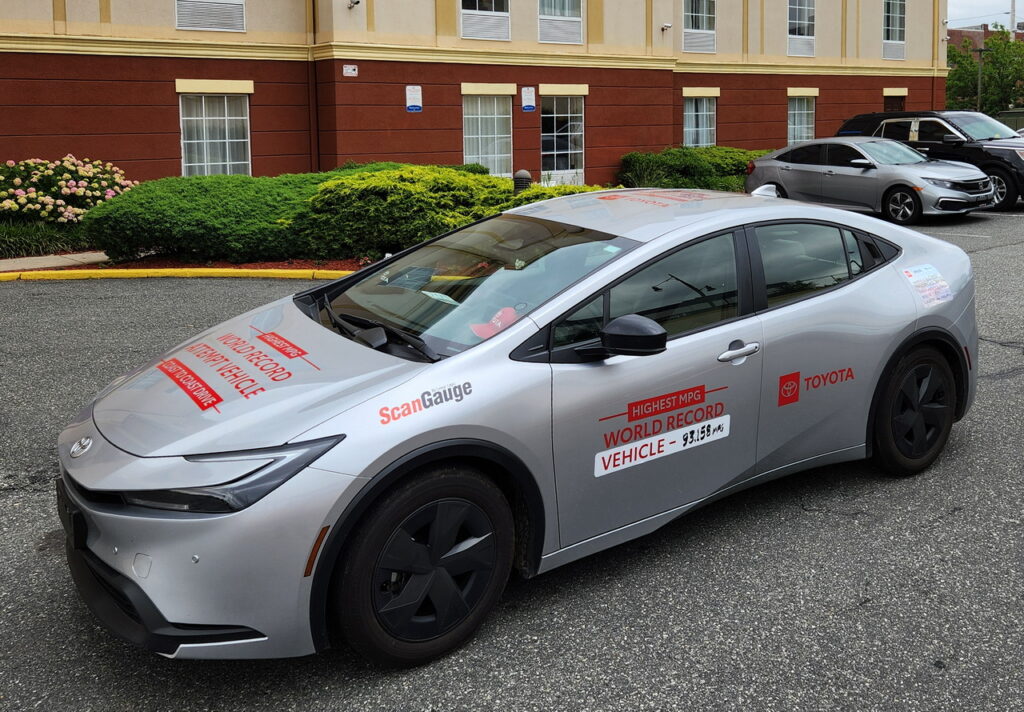
Gerdes’ tips for everyday drivers? Simple adjustments like easing off the accelerator before stops, maintaining a steady pressure on the gas pedal, and coasting whenever possible can make a huge difference in improving fuel economy. These strategies aren’t just for record-breaking drivers – anyone can adopt them to see real savings at the pump.
PowerNation and Fuel Efficiency
At PowerNation, fuel efficiency is a topic we dive into regularly, especially with our hands-on builds featured on Carcass and Engine Power. Whether it’s maximizing horsepower or fine-tuning fuel systems, the pursuit of peak performance always includes efficiency.
One current standout project is Carcass’s BMW 330i build, where Jeremy and Jimmy recently worked on upgrading the fuel system for both track and street performance. In this new episode, they modified the car’s stock system by installing a siphon tube designed to keep the fuel flowing continuously, preventing starvation during high-performance driving. This modification ensured that the BMW’s fuel pump would always have a steady supply, even during intense track sessions, helping to improve both performance and efficiency.
Another upgrade involved installing a stock replacement fuel pump, which provided just the right pressure to power the car’s aftermarket EFI system. This careful balance of delivery and engine management helped boost the BMW’s track time and overall fuel economy, proving that performance modifications can also contribute to efficiency.
At PowerNation, we emphasize that improving fuel efficiency isn’t just about tweaking parts – it’s about understanding how the whole system works together. From proper fuel system management to maintaining tire pressure, there are steps that every car enthusiast can take to get the most out of their vehicle without sacrificing performance.
Simple Ways to Boost Your Vehicle’s MPG
While not everyone can match the hypermiling techniques of Wayne Gerdes, there are plenty of practical ways to improve your car’s efficiency in everyday driving. Some of these methods require only minor adjustments but can have a significant impact over time:
- Maintain Proper Tire Pressure – Underinflated tires can decrease efficiency by up to 1%. Regularly checking and inflating your tires can help keep your MPG on track.
- Avoid Excessive Idling – Leaving your car running while stopped uses more gas than turning it off and restarting it.
- Use Cruise Control – Maintaining a constant speed helps reduce consumption on highways.
- Remove Excess Weight – Removing just 100 pounds from your vehicle can improve efficiency by as much as 2%.
- Plan Efficient Routes – Shorter, more direct routes mean less time on the road and less fuel used. Traffic apps can help you avoid congestion, too.
For those looking to take it a step further, aerodynamic modifications, low-rolling-resistance tires, and upgrading fuel systems are all options to consider. Our friends at Pedal Commander offer in-depth guides on how to make these changes, giving drivers a roadmap to better fuel economy.
Mods and Mindfulness
Whether you’re modifying your vehicle’s fuel system or simply coasting to your next stop, a few changes can go a long way toward making every gallon count. While we might not all hit 93 MPG, the lessons learned from this record-breaking journey remind us that with the right tools and techniques, we can all drive a little smarter – and a lot farther.
Want to read more articles like this?
Join the PowerNation Email NewsletterRead More from PowerNation
- Chapters
- descriptions off, selected
- captions off, selected
- default, selected
This is a modal window.

